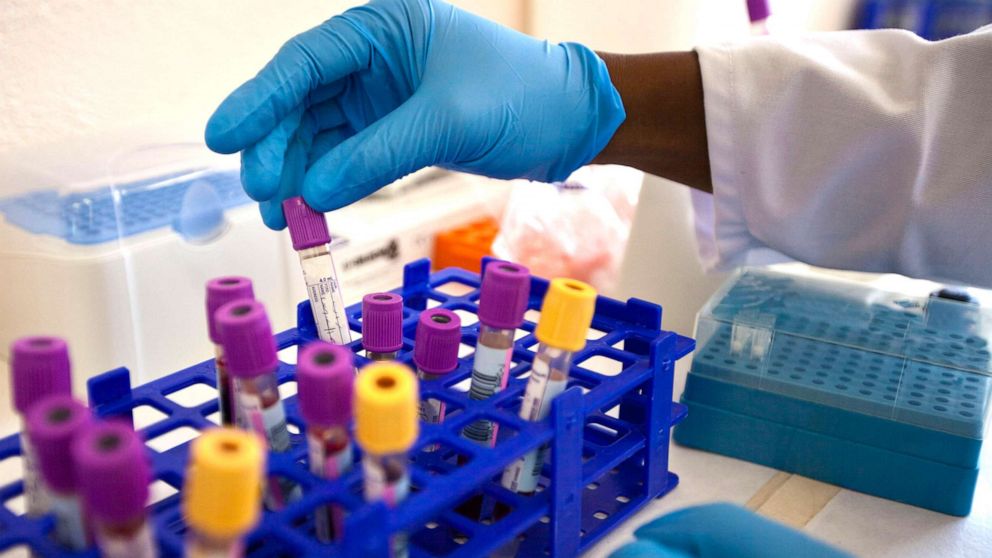
Although they have proven successful, rehearsals are still in the early stages.
After more than 30 years of attempts, there may be a promising breakthrough in the search for a vaccine against HIV, the virus that causes AIDS if left untreated.
Now, preliminary data from an early-stage clinical trial of the International AIDS Vaccine Initiative and the Scripps Research Institute in La Jolla, California, suggest that a new HIV vaccine may be promising.
“These are very early studies. But nonetheless, they are provocative,” said Dr. William Schaffner, a professor of preventive medicine and infectious diseases at Vanderbilt University in Nashville, who did not participate in the clinical trial.
Although the vaccine candidate will still have to be tested in larger studies, experts hope that this vaccine can be successful when others have failed.
“This is a very innovative approach to developing a vaccine that had not been made until now,” said Schaffner, who described the underlying vaccine technology as “a kind of culmination of 21st century science.”
When HIV was discovered to be the cause of AIDS in the early 1980s, researchers thought that a vaccine against the virus could be created quickly, just as it had been done for diseases such as measles, chickenpox. and hepatitis B. In fact, then-US Secretary of Health and Human Services Margaret Heckler predicted in 1984 that a vaccine would be available in two years. Researchers soon found that there were more obstacles than they had initially thought.
HIV is a rapidly mutating virus, creating a moving target for vaccines. HIV also has many different subtypes, so a vaccine that offers protection against one subtype of HIV may be ineffective against another.
New research by IAVI and Scripps aims to address these difficulties by developing a vaccine that helps the body create “neutralizing antibodies.” Researchers hope to stimulate a person’s immune system against many variants and mutations of HIV.
This research is based on the “identification of a subset of HIV-infected individuals … who, in the course of their infection, make so-called neutralizing antibodies, which basically means that these antibodies can potentially block the infection of several HIV variants, and that is the key goal, “said Dr. Mark Feinberg, Ph.D., the CEO of IAVI.
The first phase 1 clinical trial, which is still ongoing, involved 48 healthy adults who received a total of two doses of vaccine or placebo, separated by two months. Preliminary data showed that 97% of those who received the vaccine had early evidence that their immune system could produce these broad antibodies.
“Neutralizing antibody is important, because the virus can mutate so quickly that they need something that is a shotgun, not a rifle … to prevent a whole variety of different types of HIV configurations,” Schaffner said.
Decades of HIV vaccine research contrasts with the development of COVID-19 vaccines, “where science was ready and we were able to develop vaccines, plural, very, very quickly,” Schaffner added.
IAVI and Scripps researchers are collaborating with companies, such as Moderna, to leverage the mRNA technology used in the development of COVID-19 vaccines.
Sara Yumeen, MD, is an internal medicine resident for a preliminary year at Hartford Healthcare St. Vincent’s of Connecticut and collaborator of the ABC News Medical Unit.